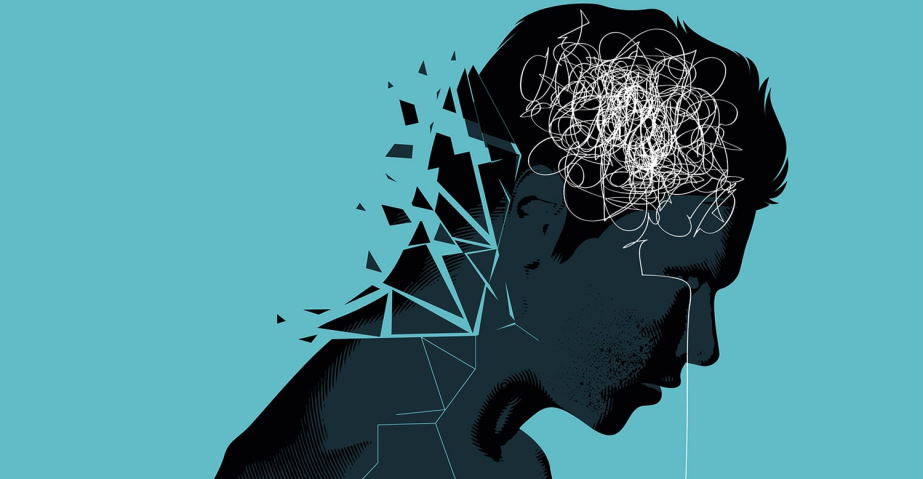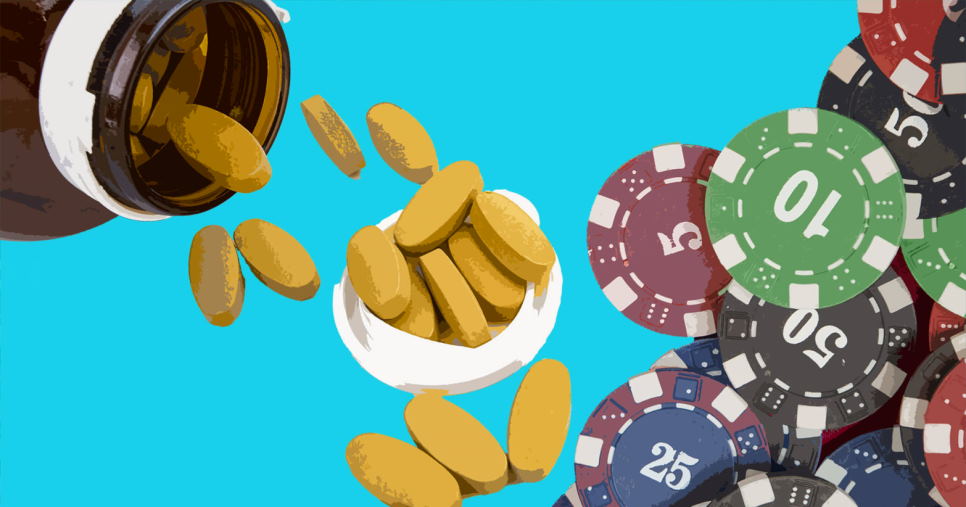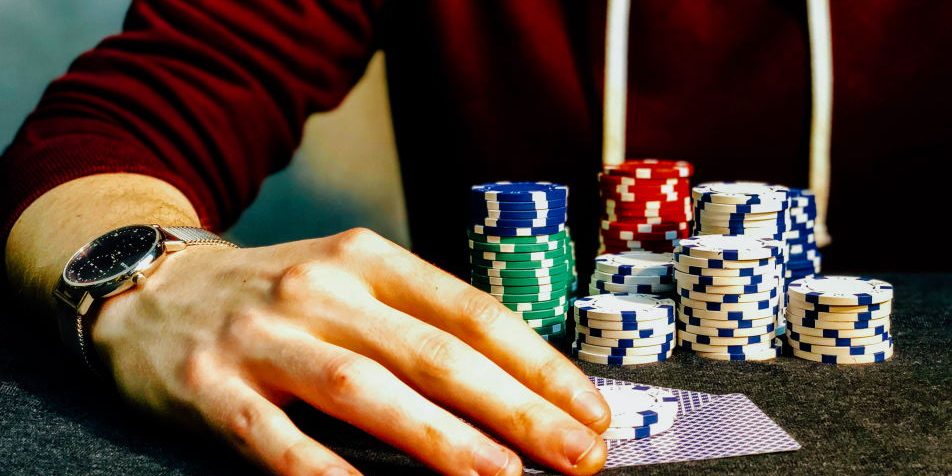Gambling is a detrimental effect on personal finances as they attempt to chase loses become unmanageable.
Spending wages are savings and spare cash, debts can also be a feature of problem gambling as a result of borrowings and loans to cover gambling losses.
However, the impacts of gambling are losing money. Gambling is considered a precipitating factor in a variety of health problems.
Several studies are having documented the relationship between problem gambling and specific health issues. There are some problems with gambling affects health the following:
Mental Health
Several studies are placed problem gamblers and it is an increased risk for dysthymia, major depression. These are including anti-social personality disorder, phobias, and other mental conditions. Problem gamblers are identified as being at increased risk for alcohol, nicotine and other drug abuse.

Cardiac Arrest
Studies are having generally placed problem gamblers at increased risk for cardiac arrest due to sustained stress and hypertension.
Stress-Related Diagnoses
Problem gamblers are reporting higher levels of stress-related physical problems than average. Conditions are included migraine headaches, tension headaches, irritable bowel syndrome, peptic ulcer and insomnia.

Negative Effects of Gambling Addiction to Health
There are some negative effects of gambling addiction to health the following:
- The feeling of gambling is equivalent to taking a drug or having a drink.
- Gambling behavior alters a person’s mood and state of mind.
- As the person becomes used to this feeling, they keep repeating the behavior, attempting to achieve that same effect.
- In other addictions, alcohol, for instance, the person is starting developing a tolerance. An increasing amount of alcohol is also necessary for the same buzz.
- A vicious circle is developing and an increased craving for the activity.
- At the same time, the ability to resist drops. As the craving is growing in intensity and frequency, the ability to control the urge to gamble is weakened.
- This can have a psychological, personal, physical, social, or professional impact.
- Neither the frequency of gambling nor the amount lost will determine whether gambling is a problem for an individual.
- Some people engage in periodic gambling binges rather than regularly, but the emotional and financial consequences will be the same.
- Gambling becomes a problem when the person can no longer stop doing it, and when it causes a negative impact on any area of the individual’s life.


